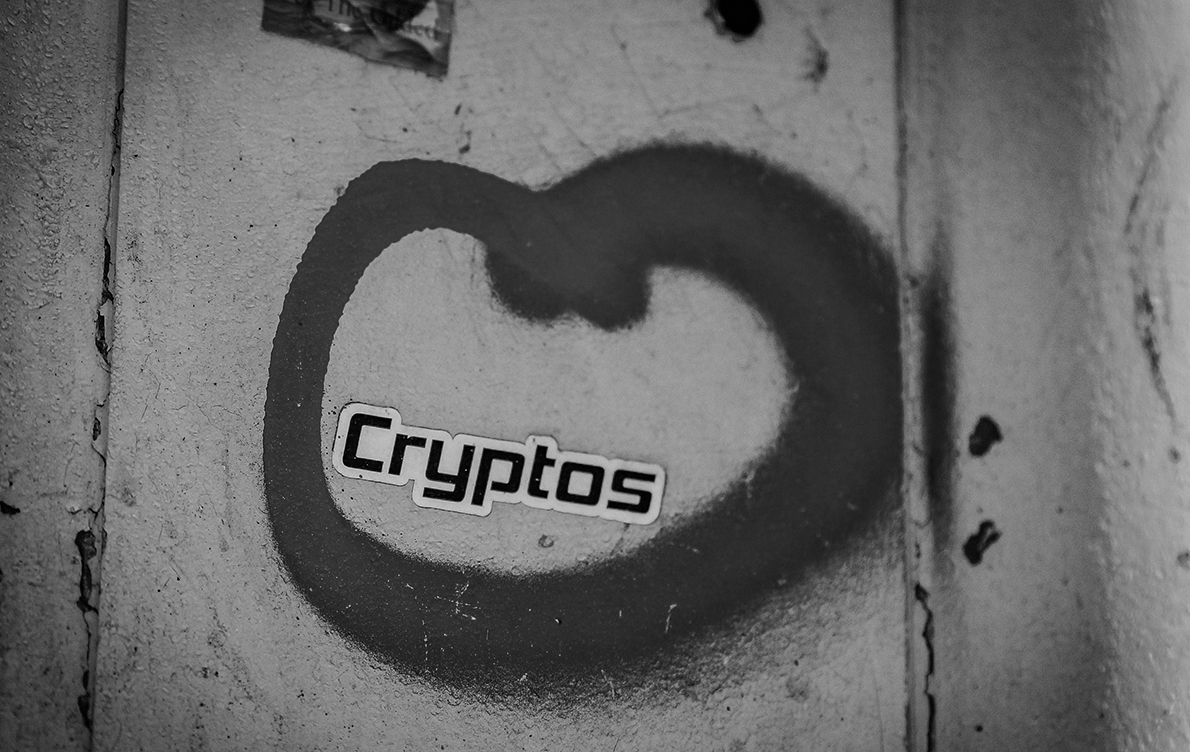Blockchain and Cryptocurrency: Recent Legal and Regulatory Developments
The first two weeks in March 2018 have seen a number of developments with respect to the regulation of cryptocurrencies in the United States.
Regulation of Online Cryptocurrency Trading Platforms
On March 7, 2018, the Securities and Exchange Commission (“SEC”) issued a release addressing the regulation of online trading platforms (or exchanges) on which investors have bought and sold digital assets, including coins or tokens sold in initial coin offerings (“ICOs”). Consistent with prior SEC articulated positions, the SEC stated that many of these tokens sold in an ICO meet the definition of a “security” and accordingly these trading platforms on which ICO tokens trade should register with the SEC as a national securities exchange or alternative trading system unless exempt from registration. In its release, the SEC expressed its concern that many of these trading platforms may appear to investors as SEC-regulated exchanges, but are not and do not meet the regulatory and listing standards of a registered exchange. In light of this, in its release, the SEC listed a series of questions that investors should ask before trading assets on an online trading platform. These include, but are not limited to, asking if: (i) is the platform registered as a national securities exchange or an ATS with the SEC?; (ii) is there information in FINRA’s BrokerCheck ® about any individuals or firms operating the platform?; (iii) how does the platform select digital assets for trading?; (iv) what are the trading protocols?; (v) how are prices set on the platform?; (vi) how does the platform safeguard users’ trading and personal identifying information?; (vii) what are the platform’s protections against cybersecurity threats, such as hacking or intrusions?; and (viii) does the platform hold users’ assets? If so, how are these assets safeguarded? For a complete list of these questions and a copy of this SEC release see SEC Release.
Money Transmitter Rules Apply to Initial Coin Offerings
In a letter published March 6, 2018 by the Financial Crimes Enforcement Network (“FinCEN”), which had previously been sent on February 13, 2018 to Senator Ron Wyden of the Senate Committee on Finance, FinCEN reiterated that in combatting the financing of terrorism (“CFT”) and illicit financing of criminal activity, the Bank Secrecy Act (“BSA”) and anti-money laundering (“AML”) laws and regulations applied to virtual currency exchanges and administrators that are based in the United States or that do business in whole or substantial part in the United States. These would include “a developer that sells convertible virtual currency, including in the form of … ICO coins or tokens, in exchange for another type of value that substitutes for currency….” FinCEN indicated that these exchanges and administrators would be considered a money transmitter who would have to be register with FinCEN as a money service business (“MSB”) with an established written AML compliance program designed to mitigate money laundering risks. These AML/CFT compliance programs would include filing of BSA suspicious activity and currency reports, maintaining records for certain transactions over some monetary threshold and obtaining customer identification information. The letter also clarified that in the case of an ICO that is structured as a sale of a security or derivative, the participants in the ICO could be subject to regulation by the SEC or the Commodity Futures and Trading Commission (“CFTC”). In such cases, the SEC or CFTC AML/CFT requirements would apply. Companies and exchanges involved in ICOs should consult legal counsel to clarify and satisfy their respective AML/CFT obligations.
U.S. District Court Rules that the CFTC has Authority to Regulate Cryptocurrencies Not Involving Derivatives
In a Memorandum and Decision of the United States District Court for the Eastern District of New York, issued on March 8, 2018, Judge Jack Weinstein issued a ruling as to the authority of the CFTC to prosecute a fraud case that it had brought against Patrick Kerry McDonnell, the operator of a cryptocurrency business. Defendant McDonnell was alleged to have “operated a deceptive and fraudulent virtual currency scheme” whereby his company solicited investments from investors to assist them in purchasing and trading Bitcoin and Litecoin, but instead misappropriated their funds. In his ruling, Judge Weinstein, after discussing the definition of a commodity under the Commodity Exchange Act (“CEA”) and relying, in part, on a 2015 CFTC administrative ruling that cryptocurrencies were commodities, held that “virtual currencies can be regulated by CFTC as a commodity,” and that, in the absence of federal rules, the CEA permitted the CFTC in a fraud case to exercise its jurisdiction over cryptocurrencies that did not directly involve the sale of futures or derivative contracts.
Judge Weinstein ruled that the CFTC could proceed prosecuting the case against the defendant and granted a preliminary injunction barring the defendant from further engagement in cryptocurrency investments as the case continues. For a copy of the case, see CFTC v. McDonnell.
No aspect of this advertisement has been approved by the highest court in any state.
Results may vary depending on your particular facts and legal circumstances.
As the law continues to evolve on these matters, please note that this article is current as of date and time of publication and may not reflect subsequent developments. The content and interpretation of the issues addressed herein is subject to change. Cole Schotz P.C. disclaims any and all liability with respect to actions taken or not taken based on any or all of the contents of this publication to the fullest extent permitted by law. This is for general informational purposes and does not constitute legal advice or create an attorney-client relationship. Do not act or refrain from acting upon the information contained in this publication without obtaining legal, financial and tax advice. For further information, please do not hesitate to reach out to your firm contact or to any of the attorneys listed in this publication.
Join Our Mailing List
Stay up to date with the latest insights, events, and more





